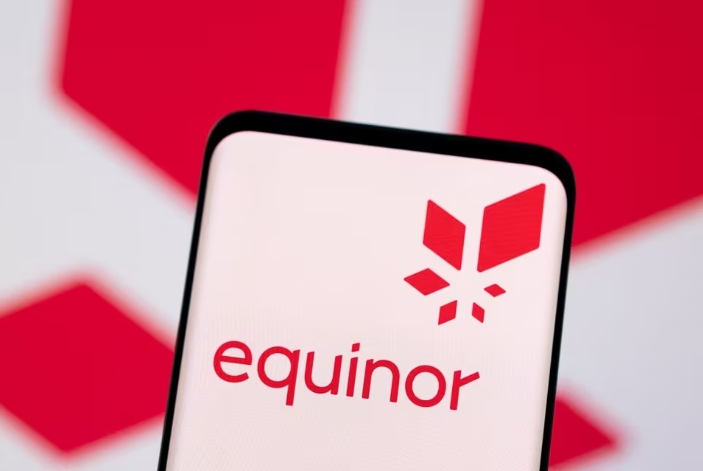
The deal marks a milestone in Berlin's efforts to replace former long-term supplier Russia, which first cut and later suspended deliveries in 2022, stoking fears of cold German homes during the last winter season.
It also strengthens Norway's position as Germany's top supplier of natural gas, a position it has held since Gazprom (GAZP.MM) suspended direct deliveries via the Nord Stream pipeline. Currently, Norway already accounts for roughly 40%-50% of Germany's gas imports.
The supply agreement follows a broader agreement between Norway and Germany at the start of the year where both countries pledged to cooperate more closely in the field of renewables, hydrogen, battery technology and offshore wind.
"This is a response to Europe's need for long-term, reliable supply of energy and a viable route to decarbonisation at scale," Equinor Chief Executive Anders Opedal said.
The supply deal covers around 10 billion cubic metres (bcm) of natural gas per year from Jan. 1 2024 until 2034 and carries an option for another five years covering 29 bcm, the two companies said in a joint statement.
At current prices, this translates into a roughly 50 billion euro contract, Equinor said, adding that the 10 bcm annually would make up 12.5% of the 80 bcm gas volume it controls and markets, half of which comes from the Norwegian state's gas.
'MAJOR DEAL'
Around 90% of the gas volume Sefe will get through existing pipelines are indexed on TTF and THE gas trading hubs to be available for the German and Dutch markets, Sefe CEO Egbert Laege said.
Irene Rummelhoff, Equinor Executive Vice President Marketing, Midstream & Processing, said the company has signed other contracts that it hasn't announced but not as big as the one with Sefe.
"This is probably one of the really, really largest contracts that we have ever signed as a company, so it's a major deal," Rummelhoff added.
The agreement also covers a non-binding letter of intent that would make Sefe, formerly known as Gazprom Germania, an offtaker of hydrogen, a key energy source that Germany hopes will help it decarbonise its industry.
Equinor said the ambition was to supply low-carbon hydrogen to Sefe, starting with 5 terawatt hours (TWh) per year from 2029 and ramping that up to 40 TWh per year from 2050 towards 2060.
Sefe - short for Securing Energy for Europe - was nationalised by Berlin during the continent's energy crisis last year and, along with Uniper , has been put in charge of securing the country's gas supply.
"The procurement of natural gas from the Norwegian continental shelf ensures the sustainable and future-proof supply for European and, in particular, German customers in the household and industrial sectors," Laege added.